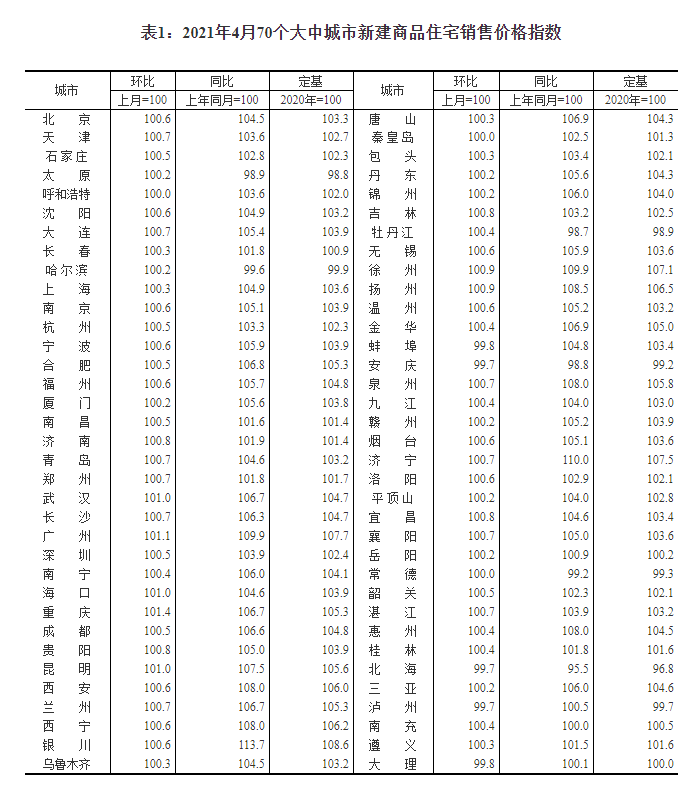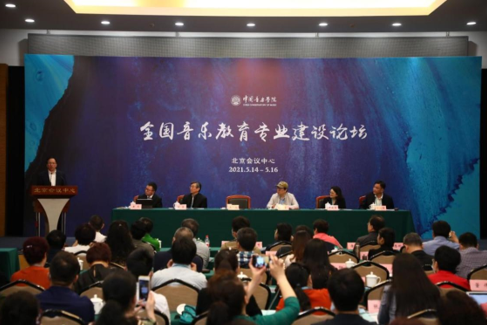 【资料图】
【资料图】
BEIJING, September 12 (TMTPOST)— The U.S. government is expanding its curb in China to more key strategic sectors.
Source: Visual China
U.S. President Biden signed an executive order Monday to launch a National Biotechnology and Biomanufacturing Initiative, and two days later, the government agencies will announce a wide range of new investments and resources that will allow the United States to harness the full potential of biotechnology and biomanufacturing and advance Biden’s Executive Order, according to a White House statement.
The statement stressed importance of biomanufacturing, a process that involves program microbes to make specialty chemicals and compounds. It cited industry analysis which suggests that bioengineering could account for more than a third of global output of manufacturing industries before the end of the decade—almost $30 trillion in terms of value.
The new initiative will accelerate biotechnology innovation and grow America’s bioeconomy across multiple sectors, including health, agriculture, and energy, drive advances in biomanufacturing that substitute fragile supply chains from abroad with strong chains at home, improve food and energy security, and drive agricultural innovation while mitigating the impacts of climate change, the White House said.
The executive order confirms recent report about the Biden administration’s new efforts targeting China. Biden is seeking to boost U.S. biomanufacuturing through his new order as Covid-19 created a sense of urgency within the administration around developing a clear, consistent industrial strategy, Bloomberg quoted people familiar with the matter last weekend.
While not specifying China in the statement, the White House did suggest overseas’ risks. “The United States has relied too heavily on foreign materials and bioproduction, and our past off-shoring of critical industries, including biotechnology, threatens our ability to access materials like important chemicals and active pharmaceutical ingredients”, though American maintained its strength in bioeconomy, the statement wrote.
Two weeks ago, Biden signed a bipartisan bill CHIPS and Science Act of 2022 into law, providing $52.7 billion in subsidies for U.S. semiconductor production, research and development. The bill was deemed as Washington’s latest attempt to boost the U.S.’s competitiveness with China"s science and technology. Wang Wenbin, a spokesperson of Foreign Ministry, soon expressed China’s firm opposition against the bill for it promotes differential industrial policies which include terms limiting relevant companies’ normal investment and trade in China. Wang warns that the bill would distort the global semiconductor supply chains and disrupt international trade. “Creating restrictions and decoupling would hurt others without benefiting oneself,” he added.
However, Washington seems to overlook reinforce its restriction. The U.S. Commerce Department plans to introduce new regulations next month to prohibit American companies from exporting chipmaking equipment to Chinese factories that produce advanced semiconductors with sub-14 nanometer processes without the department’s permission, Reuters sources revealed on Monday. Last month, U.S. officials has asked AMD and Nvidia not to sell two top computing chips for artificial intelligence to their Chinese customers unless these two chip giants obtain the Commerce Department’s licenses.
关键词: Bill bioeconomy strong chains supply






